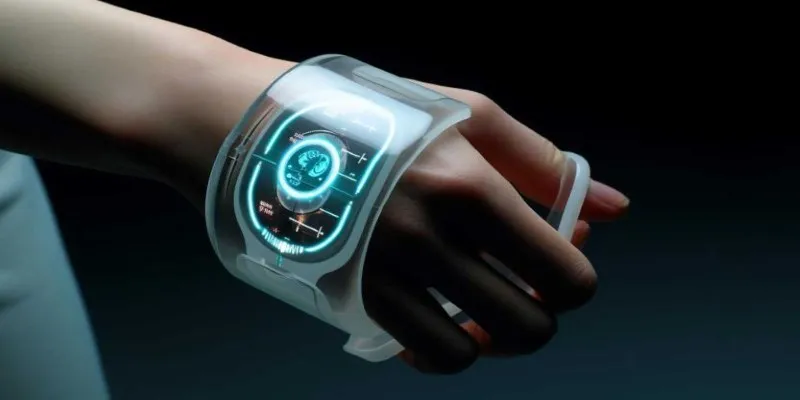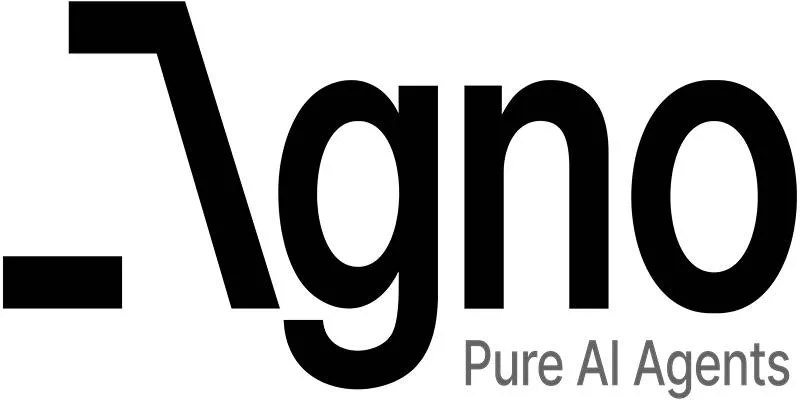It’s easy to forget how far technology has come when it fits so naturally into our daily lives. Yet, quietly and consistently, wearable technology is changing the way we think about health. This isn’t just about counting steps or tracking workouts anymore. Today, AI in wearable technology is becoming a silent partner in health monitoring—watching over us in real-time, learning our habits, and guiding us toward better choices.
From early warnings about heart problems to reminders for better sleep, these smart devices are reshaping personal healthcare. They’re not the future — they’re already here, working while we live our lives.
The Role of AI in Wearable Technology
AI in wearable technology has taken smart devices far beyond basic tracking. These gadgets don’t just collect numbers — they tell a story about your health. Devices like smartwatches, fitness bands, and smart rings quietly gather important details such as heart rate, body temperature, sleep cycles, and blood oxygen levels. But what truly sets them apart is their ability to turn raw data into meaningful insights that help people take charge of their well-being.
Artificial intelligence is at the core of this revolution. Wearable AI algorithms pick up on your habits over time. They catch subtle patterns that might otherwise pass you by — a spike in your resting heart rate, unusual sleep patterns, or dips in blood oxygen levels. Rather than merely tracking this data, AI makes sense of it, in many cases warning you about potential health issues before you experience any symptoms.
AI in wearables is also helping to contribute to mental health care. Numerous devices now monitor heart rate variability, a recognized stress marker. When high levels of stress are identified, wearables can lead users through basic breathing exercises or relaxation methods, keeping them grounded during a busy day.
What makes this tech so personal is the way that it adjusts to you. With AI, your sleep can be healthier, it can remind you to drink up, or it can ask you to get moving every once in a while—all personalized to your style. It feels like having a health coach around your wrist who learns about you and looks after you throughout the day. That smart relationship between technology and healthcare is opening a new era of personalized care that fits seamlessly into life.
AI for Health Monitoring and Chronic Disease Management
Health monitoring is one of the biggest benefits of AI in wearable technology. Beyond basic fitness tracking, these devices are now playing a critical role in managing chronic health conditions. People with heart problems, diabetes, and respiratory conditions are using wearables to track their symptoms and receive timely alerts when their health markers cross certain thresholds.

For example, smartwatches can detect irregular heart rhythms, such as atrial fibrillation, and notify the user to seek medical attention. Some devices track blood sugar levels for people with diabetes, allowing them to manage their condition without constant finger-prick tests. This level of convenience and real-time feedback is transforming healthcare routines for patients and caregivers.
AI-powered wearables also support remote health monitoring for elderly people or those with mobility issues. These devices can send health reports directly to healthcare providers or family members. In case of emergencies like falls or sudden drops in vital signs, the system can automatically trigger an alert for immediate help.
Sleep tracking is another important feature of health monitoring in wearable technology. Poor sleep affects both physical and mental health. AI helps analyze sleep patterns, detecting interruptions or unusual movements during the night. Based on this data, users can take steps to improve their sleep quality, which plays a vital role in overall health.
The Future of AI in Wearable Technology
The future of AI in wearable technology is full of exciting possibilities. As technology continues to improve, wearables are expected to become smaller, more comfortable, and more powerful. Some companies are already developing smart clothing with built-in sensors to monitor body posture, muscle activity, and even hydration levels.

Another future development is predictive health monitoring. AI will soon be able to track your current health and predict potential health problems before they occur. By analyzing long-term patterns, these devices can warn users about possible health risks, giving them time to take preventive action.
AI is also expected to enable better integration between wearables and healthcare systems. Data collected from wearable devices will be shared securely with doctors, allowing for more personalized treatment plans. This kind of collaboration between technology and medical care can improve diagnosis, treatment, and patient outcomes.
Privacy and security will remain essential in the growth of AI in wearable technology. As more personal health data is collected, companies must ensure that this information is protected from unauthorized access. Transparency about how data is used will also play a key role in building trust among users.
Wearable technology is also expanding its role in fitness and wellness. Future devices may include advanced features like continuous blood pressure monitoring, hydration tracking, and even early detection of infections through temperature and heart rate analysis. All of this will be possible through the power of AI, making wearables indispensable tools for health monitoring.
Conclusion
AI in wearable technology is changing the way people care for their health. These smart devices are no longer just about fitness; they are now essential tools for health monitoring. With real-time data, personalized insights, and early warnings, wearables help people stay informed and take better control of their well-being. From managing chronic conditions to improving daily habits, AI is making health monitoring easier, smarter, and more accessible. As this technology continues to evolve, it will play an even greater role in healthcare, helping people lead healthier and safer lives with the support of intelligent, wearable devices that work around the clock.
Table: Key Features of AI-Powered Wearables
| Feature | Benefit | Example |
|---|---|---|
| Heart Rate Monitoring | Early detection of abnormalities | Detects atrial fibrillation |
| Sleep Tracking | Improves sleep quality | Analyzes sleep patterns |
| Stress Management | Reduces stress levels | Guides relaxation exercises |
| Chronic Disease Management | Monitors symptoms in real-time | Tracks blood sugar levels |
| Remote Health Monitoring | Supports elderly care | Sends health reports to caregivers |
 zfn9
zfn9






















